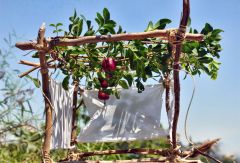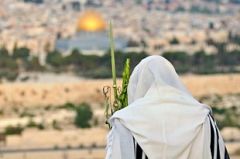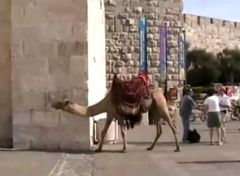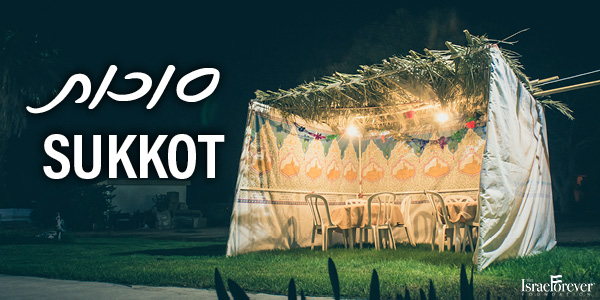Greening The Negev
By Shoshana Rappeport
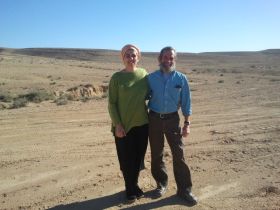
My husband and I came to the Negev desert with a dream: to make our part of it bloom. It took us many years to get all of the necessary permits and for five months now we have had the pleasure of doing the actual physical work.
On June 30th we had our first planting of what will be our main crop: argan trees. We are nearing 1000 trees planted and intend to plant 1000 more next Spring.
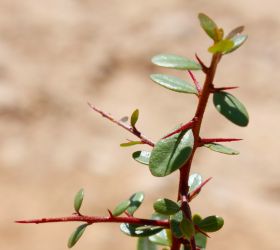
Why argan?
For those of you who aren't familiar with the tree, it produces an oil that is used both as a culinary and cosmetic oil. The story of argan is a very interesting one, and I hope in further postings to tell it. For now let it suffice to say that it made more sense to us to introduce it as a crop to the Negev because it is a native desert tree, does not need pesticides or fertilisers, has extremely low water needs and is drought resistant- a sustainable, ecological crop that brings many gifts to all.
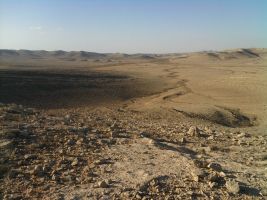
Our dream is also to bring something to our community- to prove the value of this crop and help others to grow it, to create an economy in our town Mitzpe Ramon, where there is little to speak of today. Our dream is to draw others to live here.
Our project has political, economical, agricultural reasons - but above all of these are the spiritual reasons for our work. This land is alive.
On this Sukkot festival it is important to remember that our collective story, no matter where or when it happened or to whom, is a story of our journey to the Land.

Abraham left his home to reach here, even Noami left only for coming back with Ruth, and the children of Israel sojourned in Egypt only to return. Our whole history is a story of our relationship with this Land.
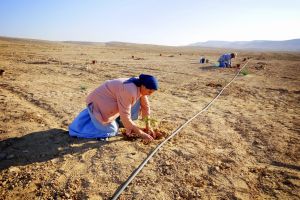
The Land is given sentient qualities- it feels, it expels, it will not tolerate certain wrongdoings- it also experiences joy and it wants to be lifted up, to be redeemed. We redeem the land by working it and bringing forth the fruits of the Land while keeping the commandments concerning it- among them the seventh year of allowing the Land to rest, the laws concerning leaving portions for the poor, taking tithes, leaving produce until the fourth year, keeping varieties separate and distinct, and in the past, bringing the first fruits in joyous celebration with music and dancing to Jerusalem.
To understand how important the working of the Land is, look at the following: the Torah prescribes the exact order in which certain persons are to be afforded respect: one stands before the coming of one's elders, who also stand before the coming of a learned Torah scholar, who also stands before the king. All of these rules are swept aside, however, when the procession of farmers arrives in Jerusalem bringing the first fruits of the Land. All stand, including the king, before the farmer. The emphasis here is not on the person of the farmer, but rather on the importance of working this Land.
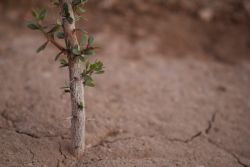
Our baby trees have been growing for two months and it brings me such joy to see it that I can hardly describe in words. Seeing new shoots or the thickening of their little trunks can bring a tear to my eye.
Some months ago, when faced with funding hardships, we delved into something new to us: crowdfunding. Our funding drive was a success for the initial planting needs and has brought us to this day. More importantly, however, was the fundamental shift that happened at that time: amazing people from places like Papua New Guinea, St. Petersburg, Russia, Central America and Singapore as well as the US, Europe and Africa contacted us and became co-creators with us in this vision.
We understood that not everyone can be the farmer, but everyone can take part in this work and connect to the Land in this unique way. Our hearts and our framework has opened and I envision the invisible threads that span the globe connecting the hearts of many to this spot in the Negev desert. This is how we bring redemption.
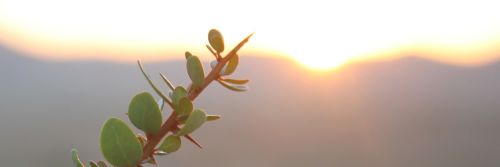
As it says in Psalms (102:14-15),
“You will arise and have compassion on Zion, for it is time to be gracious to her, for the appointed time has come. For your servants take pleasure in her stones and bestow their favor on her dust.”

